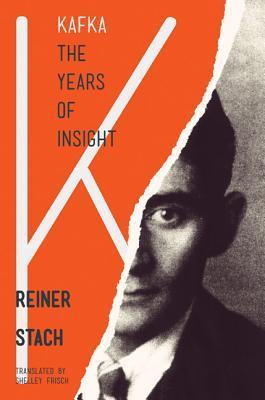What do you think?
Rate this book


728 pages, Paperback
First published January 1, 2002
Wer mit dem linken Auge Kafkas Texte liest, während er sich mit dem rechten von dessen Biographie nicht losreißen kann, wird im günstigsten Fall ein Gesamtbild von erträglicher Unschärfe gewinnen.Vor allem sind es aber die hinterlassenen Werke, auf die sich der Nachruhm begründet. Die Biographie vermag in der Hinsicht einige Hintergründe und Einflüsse darauf auszuleuchten. (Besonders die Einlassungen zur spezifischen Arbeitsweise Kafkas, bieten gute Erklärungsansätze für die Problematik der unzähligen unvollendeten Texte.) Doch kann dies stets nur Annäherung bedeuten, der letzte Grund bleibt immer noch rätselhaft verschwommen. Fest steht, Reiner Stach hat mit seinem Projekt einen neuen Standard in der Kafka-Biographik gesetzt. Wissenschaftlichen Anspruch verbindet er gekonnt mit erzählerischer Finesse. Das war wirklich gut investierte Lesezeit